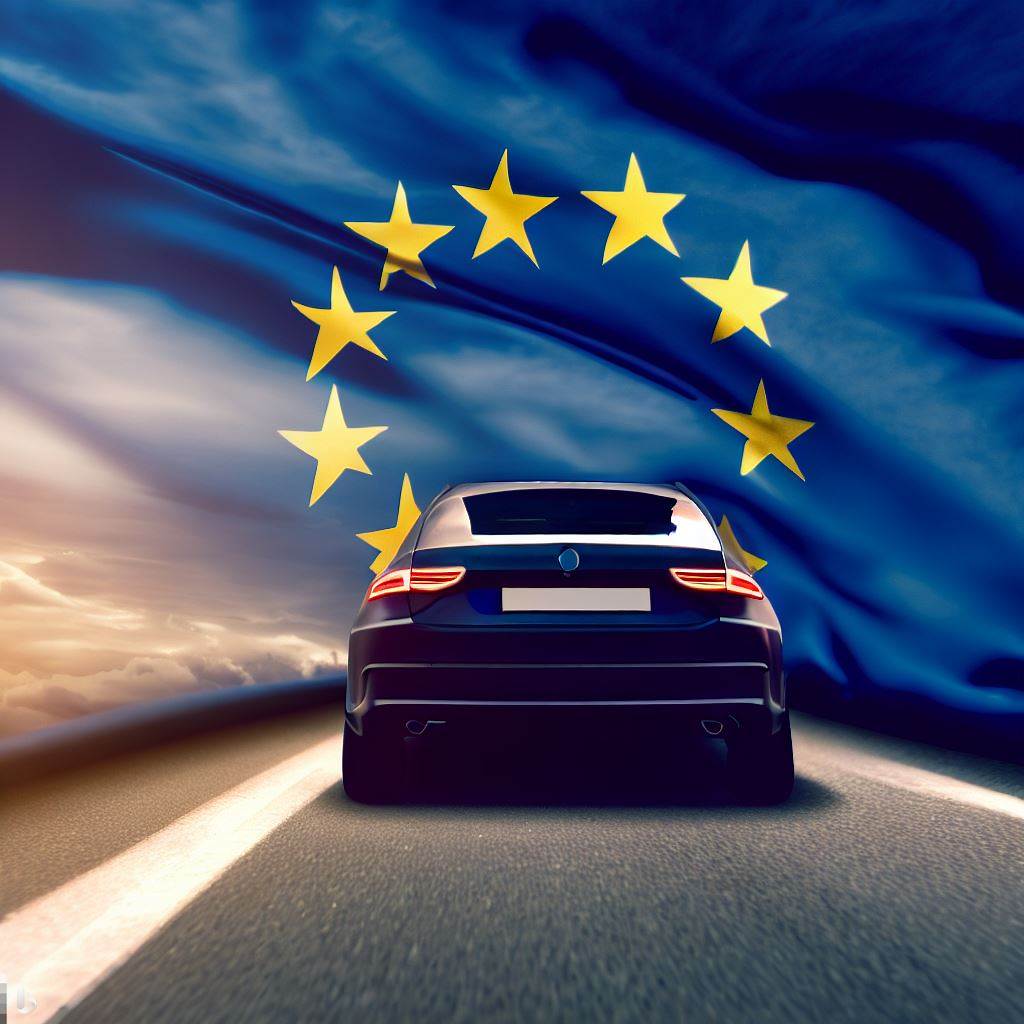Podgorica, Montenegro – Montenegro’s long-cherished goal of becoming a member of the European Union (EU) is edging closer to fruition, with recent developments indicating that EU membership in 2025 is increasingly likely. The progress made by Montenegro on its path towards integration into the EU has been met with optimism and enthusiasm, both domestically and within the international community.
The European Union, known for its stringent accession process, has closely monitored Montenegro’s efforts to align its policies, institutions, and legislation with EU standards. Over the years, Montenegro has made significant strides in implementing necessary reforms and meeting the required criteria, demonstrating its commitment to European integration.
The European Commission’s latest progress report on Montenegro, released earlier this month, highlighted the substantial progress made in key areas. It commended Montenegro’s efforts in strengthening the rule of law, combating corruption, improving public administration, and enhancing the functioning of the judiciary. The report also praised the country’s commitment to regional cooperation and its proactive approach to aligning with EU policies and regulations.
In addition, the report acknowledged Montenegro’s economic resilience and stability, with the country’s sustained economic growth and efforts to attract foreign direct investment receiving positive recognition. Montenegro’s commitment to sustainable development, environmental protection, and energy efficiency was also noted as a significant step towards aligning with EU standards.
The positive evaluation and encouragement from the European Commission have bolstered Montenegro’s confidence in its EU integration aspirations. The government, along with the Montenegrin people, has embraced the necessary reforms and worked diligently to overcome challenges on the path to EU membership.
The prospect of Montenegro’s EU membership has garnered support from various EU member states, who recognize the country’s strategic importance and potential contributions to the union. Montenegro’s commitment to stability and regional cooperation in the Western Balkans has been acknowledged as a crucial factor in advancing the EU’s broader goals in the region.
However, it is important to note that while Montenegro’s EU membership in 2025 appears increasingly certain, challenges and remaining tasks lie ahead. Continued efforts are required to address outstanding issues, including the fight against organized crime, further improvements in the rule of law, and the consolidation of democratic institutions.
The Montenegrin government has reiterated its dedication to pursuing these goals and has outlined a roadmap for completing the necessary reforms and fulfilling EU requirements within the prescribed timeline. The government’s proactive stance and unwavering commitment have played a pivotal role in driving Montenegro’s progress towards EU membership.
The potential benefits of EU membership for Montenegro are numerous. Access to the EU’s single market, increased trade opportunities, enhanced economic development, and strengthened political stability are among the anticipated advantages. EU membership would also provide Montenegrin citizens with greater mobility and opportunities for education, employment, and cultural exchange within the European Union.
As Montenegro stands on the cusp of a historic milestone, anticipation and excitement permeate the country. The nearing realization of Montenegro’s EU membership in 2025 represents a testament to the hard work, determination, and resilience of the Montenegrin people and their unwavering commitment to European values.
While the final steps towards EU membership will require sustained effort and dedication, Montenegro’s progress thus far provides a solid foundation for optimism. With continued commitment to reforms and the support of the international community, Montenegro is poised to join the European Union in 2025, marking a new chapter in the country’s history and reinforcing its position as a strong and integrated member of the European family.


0 Comment